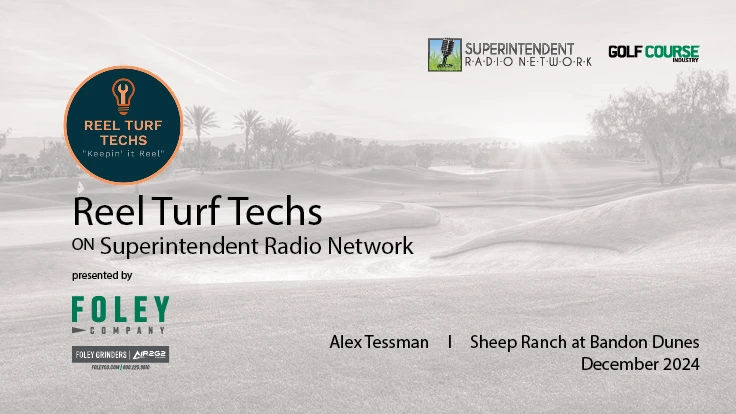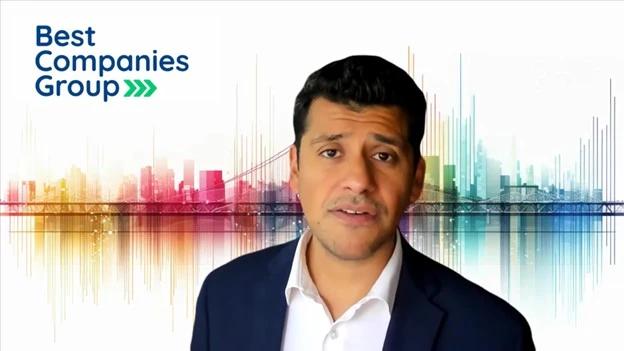 Monroe Miller Monroe Miller |
I read John Kaminski’s March column with great interest. I’m glad he wrote it and, for the most part, he’s right on the mark. I suspect most of his academic colleagues would agree with him, too. Funding has been an issue for as long I as I have been in the turf profession. The lack of industry financial support was the catalyst for the Wisconsin Turfgrass Association in the early 1980s. A serious turf disease was having a negative impact, especially on sod production, and a group of sod producers visited the University of Wisconsin’s college of agricultural and life sciences dean for action. In a nutshell, his response was: “You’ll have to help with funding.” The WTA is an umbrella organization that covers golf turf, sod production, lawn care, sports turf, cemeteries, manufacturers, and distributors. From the beginning, there has been a broad base of support. Our success is due to our focus and hard work supporting turfgrass research at the UW-Madison, just like the dean suggested. We zero in on faculty need. In addition to membership dues, we started a field day, a winter conference and a golf fundraiser. Various turf groups now have their own events to raise money for the WTA. We started giving scholarships and making research grants. The amount of funding wasn’t large, but we had priorities in mind. We had our eyes on a really big project – to conceive, design, build and gift to the university an agricultural research station for turfgrass like most other states already had. Being the last to build a turfgrass research station allowed us to learn and build the best. Due to good timing and fortunate politics, we acquired the land we needed contiguous to the new university golf course that was underway. Once fund raising started and was well known, we had an anonymous donor step up and match what we raised, which shortened our time frame. Before we knew it, the building was designed and The O.J. Noer Turfgrass Research and Education Facility was open and ready for business. By the way, we didn’t deed the farm and all the amenities over to the state until we were completely finished. We did it all our way. Our support of faculty has covered other areas. Over the past 25 years we’ve averaged half a dozen scholarships each year. The WTA has funded the first-year salary and benefit package for two new turf profs to secure their hiring. We’ve funded individual projects, purchased all kinds of equipment from computers and data loggers to mowers and trucksters. Equipment and soft goods manufacturers have been extremely supportive as well. Our ARS has hosted urban field days, our own WTA Turfgrass Field Day, Grandparents University and even the TPI Field Days. The Noer Facility houses our turf diagnostic lab, a development that happened only after we built the station. The WTA also funds half of the program assistant’s salary. Another big step was taken when we established a relationship with the UW Foundation. This organization helps with fundraising, manages our money and deals with legal and investment issues. The WTA now has four WTA Wisconsin Distinguished Graduate Fellowships, each one supporting a grad student. This fellowship fund gives access to the earnings of our $2 million corpus and is accessible only to turfgrass faculty for grad students. We also have a WTA Turfgrass Research Sustainability Fund in the UWF to support research requests. And we are initiating a legacy endowment fund in the UWF to help industry people with estate planning, legacy gifting and similar needs. This fund does not allow any invasion of the principal; only the earnings support research. To John’s point about decreased GCSAA research funding, I am guessing GCSAA dues and income are at the point of what traffic will bear, and I doubt they can help it. But I do know in a relatively small state, Wisconsin turf professionals have done an excellent job in support of our land grant university and its turf program. Our mission is to keep it going; after all, we are only helping to help ourselves.
Monroe Miller retired after 36 years as superintendent at Blackhawk CC in Madison, Wis. He is a recipient of the 2004 USGA Green Section Award, the 2009 GCSAA Col. John Morley DSA Award, and is the only superintendent in the Wisconsin Golf Hall of Fame. Reach him at groots@charter.net. |

Explore the May 2014 Issue
Check out more from this issue and find your next story to read.
Latest from Golf Course Industry
- Heritage Golf Group acquires North Carolina courses
- Editor’s notebook: Green Start Academy 2024
- USGA focuses on inclusion, sustainability in 2024
- Greens with Envy 65: Carolina on our mind
- Five Iron Golf expands into Minnesota
- Global sports group 54 invests in Turfgrass
- Hawaii's Mauna Kea Golf Course announces reopening
- Georgia GCSA honors superintendent of the year





